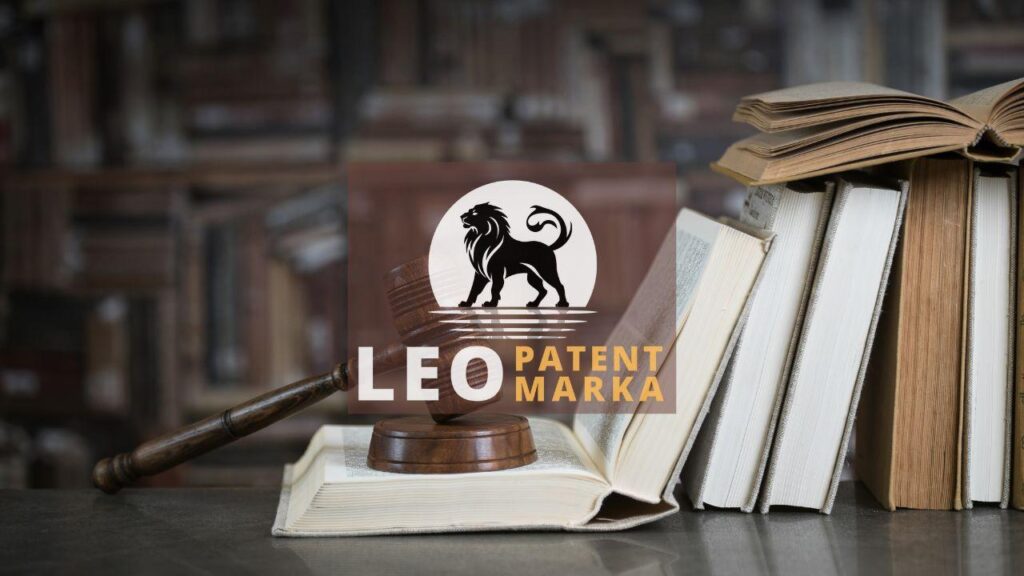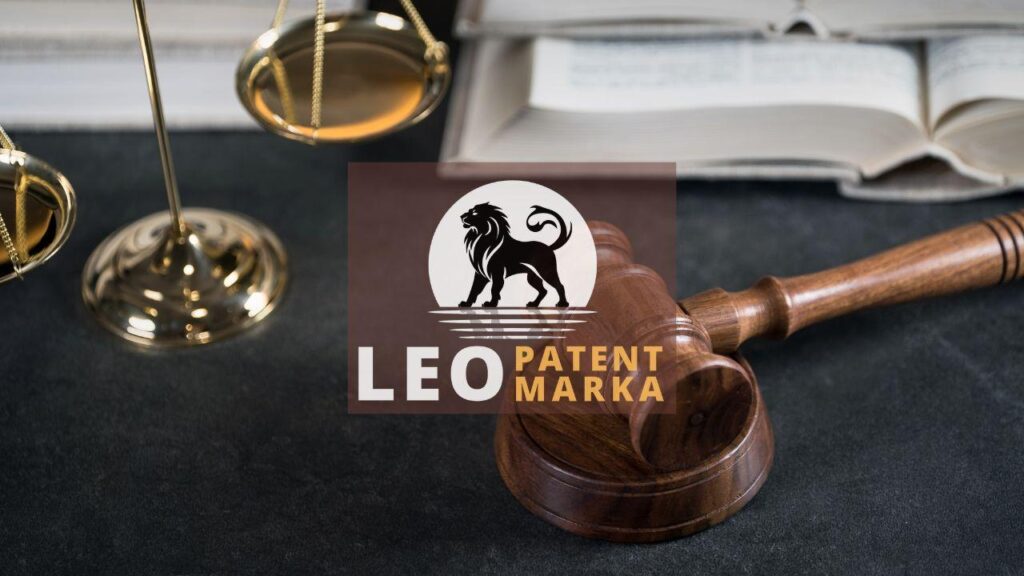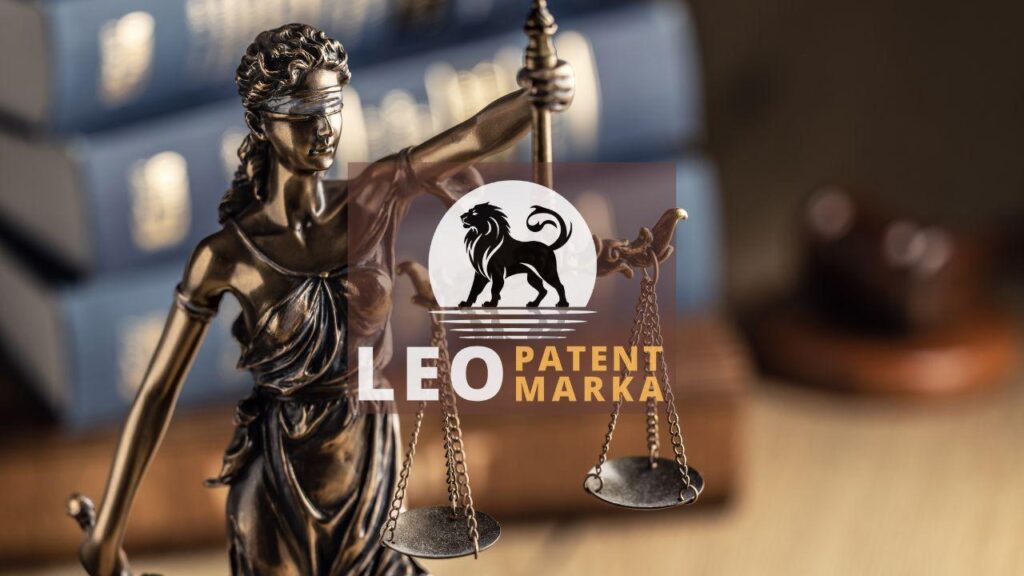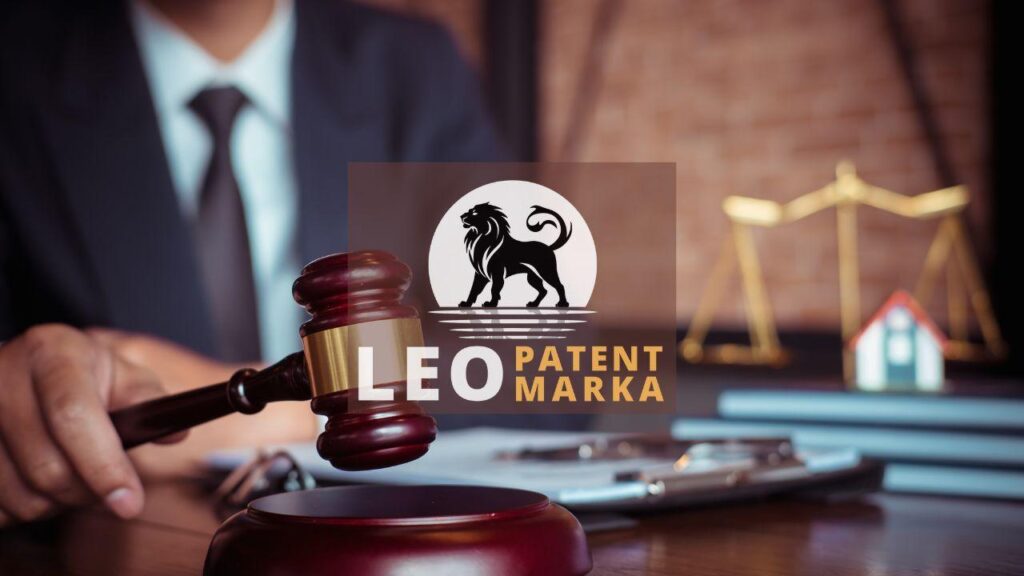Navigating the landscape of intellectual property rights is crucial for businesses and inventors alike, yet it’s equally important to understand the mechanisms for challenging these rights through intellectual property cancellation lawsuits. At Leo Patent, we recognize the complexities surrounding the cancellation of patents, trademarks, and designs within the Turkish legal framework. This blog post aims to elucidate the procedures and grounds on which intellectual property rights can be contested in Turkey, empowering you to safeguard your innovations while being aware of the potential risks posed by existing registrations. Whether you need to defend against an unfounded claim or initiate a challenge to protect your market position, understanding these legal avenues is essential for effective intellectual property management.
Grounds for Filing Cancellation Lawsuits in Turkey
In Turkey, intellectual property cancellation lawsuits can be initiated on various grounds depending on the type of IP right in question. For patents, invalidation claims may arise from issues such as lack of novelty, inventive step, or industrial applicability. In the case of trademarks, grounds for cancellation can include non-use within a continuous period of five years, the mark becoming generic, or if it was registered in bad faith. For registered designs, cancellation may be sought if the design lacks individual character or was disclosed to the public before the date of application. At Leo Patent, we are well-versed in identifying and leveraging these grounds to either defend or challenge IP rights effectively, ensuring that your interests are robustly protected within the Turkish intellectual property landscape.
The process for filing an intellectual property cancellation lawsuit in Turkey typically begins with the submission of a petition to the Turkish Patent and Trademark Office (TPTO) or the relevant Turkish courts, depending on the nature of the claim. This petition must comprehensively detail the grounds for cancellation, supported by substantive evidence and legal arguments. Once the petition is filed, the TPTO or court will review the submission, often initiating an examination phase that may include inviting counter-arguments from the defending party. It’s crucial to adhere to the procedural nuances and deadlines prescribed by Turkish law during this phase to avoid dismissal of the case. At Leo Patent, our team of experts is adept at crafting well-founded petitions and navigating the procedural intricacies to bolster the chances of a favorable outcome for our clients.
Once the examination phase concludes, the TPTO or the courts will render a decision based on the merits of the submitted evidence and arguments. If the cancellation petition is successful, the intellectual property right in question will be annulled, effectively removing any legal barriers it might have imposed. On the contrary, if the petition is denied, the disputed IP right remains in force, and the petitioner may have to explore further legal avenues, such as appeals or reconsideration motions. Engaging skilled legal counsel during this process is indispensable, as navigating the nuances of Turkish IP law requires both strategic foresight and detailed understanding of the legal landscape. At Leo Patent, our team is committed to providing thorough representation throughout the entire lifecycle of a cancellation lawsuit, ensuring that your IP assets are either defended robustly or contested effectively to support your business objectives.
Recent Amendments in Turkish IP Laws and Their Implications
Recent amendments to Turkish intellectual property laws have introduced significant changes that affect cancellation procedures, making it imperative for stakeholders to stay updated. The Industrial Property Code No. 6769, which came into effect in 2017, streamlined administrative processes and clarified the grounds for cancellation, aiming to enhance legal certainty and efficiency. Notably, amendments have brought more stringent requirements for proving non-use in trademark cases and have refined the criteria for invalidating patents and designs. These changes are a double-edged sword; they simplify challenges against weak IP rights but also demand a higher standard of proof, thereby altering the strategic landscape for both IP holders and challengers. At Leo Patent, we are committed to keeping our clients informed about these developments to help them navigate this evolving terrain effectively.
One of the key implications of these amendments is the shift toward a more evidence-based approach in cancellation lawsuits. For instance, in trademark disputes, the burden of proof now firmly lies with the claimant, who must present concrete evidence of non-use or invalidity. This heightened standard demands meticulous preparation and comprehensive evidence collection, placing an emphasis on thorough documentation and strategic planning. Similarly, in patent and industrial design cancellations, petitioners must furnish detailed technical and legal arguments to substantiate their claims. This evolving legal environment underscores the importance of proactive intellectual property management, as IP owners must be vigilant about maintaining robust documentation and utilizing strategic foresight to safeguard their assets. At Leo Patent, we provide tailored consulting services to help our clients adapt to these stringent requirements, ensuring their intellectual property is well-protected and their challenges are well-founded.
Given the demanding nature of these new requirements, the role of expert legal advice cannot be overstated. At Leo Patent, we offer specialized support to help you navigate the intricacies of the amended IP laws. Our team is adept at crafting compelling arguments and assembling the necessary documentation to bolster your cancellation claims or defend your IP rights. We also provide strategic insights tailored to your unique situation, ensuring that you are well-equipped to handle any challenges that arise. In an environment where the margin for error has significantly narrowed, our expertise can be the decisive factor in achieving a favorable outcome in your intellectual property disputes. Trust Leo Patent to stay ahead of legal developments and guide you through the complexities of securing and contesting intellectual property rights in Turkey.
Key Court Decisions Shaping IP Cancellation Jurisprudence in Turkey
Turkish courts have played a pivotal role in shaping the jurisprudence surrounding intellectual property cancellation lawsuits. Landmark cases, such as the Supreme Court’s ruling in Case No. 2017/11-2048 E., have established significant precedents, particularly in determining the validity of trademarks and patents. This specific case underscored the importance of distinctiveness and non-descriptive nature, leading to the cancellation of several trademarks that failed to meet these criteria. Additionally, decisions from the Turkish Patent and Trademark Office have provided further clarity on what constitutes adequate grounds for patent and design cancellations. These rulings not only influence current and future litigation but also guide businesses in better managing their intellectual property portfolios to avoid vulnerabilities that could lead to cancellations.
In another notable case, the Turkish Court of Appeal addressed the cancellation of a patent on the grounds of lack of inventive step and industrial applicability in Case No. 2018/5984 K. The court meticulously evaluated whether the patent in question offered a significant advancement over existing technologies and whether it could be applied in an industrial setting. The decision emphasized that for an invention to be patentable, it must not only be novel but also possess an inventive step that a skilled person in the field would not find obvious. This jurisprudence highlights the rigorous scrutiny applied by Turkish courts in patent cancellation proceedings, reinforcing the necessity for businesses to thoroughly assess the inventive merit and practical application of their innovations before seeking patent protection. These key decisions form the backbone of Turkey’s IP cancellation landscape, helping to maintain a balanced and fair intellectual property ecosystem.
Moreover, the judicial handling of design cancellations further underscores the importance of uniqueness and prior art considerations. In Case No. 2019/8791 E., the Turkish Supreme Court annulled a registered design on the basis that it closely resembled an earlier design, thereby lacking the requisite originality. This ruling highlighted that merely making minor modifications to an existing design would not suffice to secure protection under Turkish law. Additionally, the court emphasized the significance of the design’s overall impression on informed users as a determinant for originality. By closely analyzing prior art and the distinctness of visual elements, Turkish courts aim to prevent the monopolization of common designs, ensuring that the market remains competitive and innovative. These pivotal rulings guide entities in strategizing their design applications and bolster the robustness of Turkey’s intellectual property framework by promoting genuine innovation.
Disclaimer: This article is for general information purposes only and it is recommended that you consult experts and companies in that field to evaluate your specific situation. We are not responsible for any damage that may arise from the use of the information in this article.







